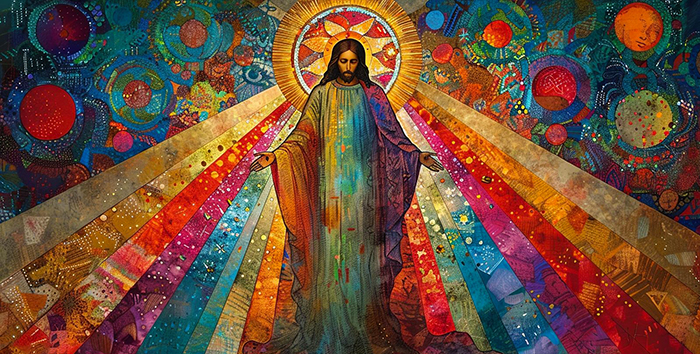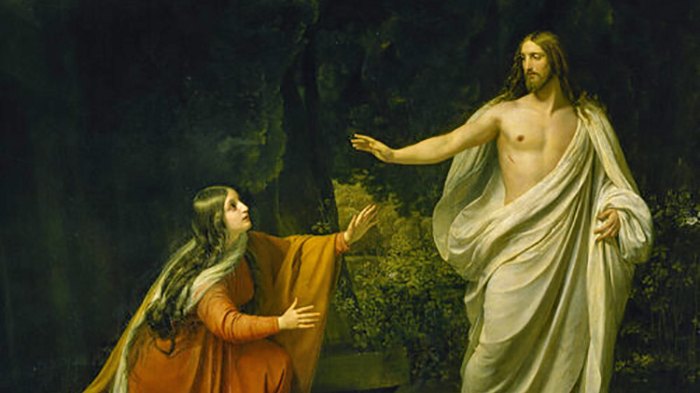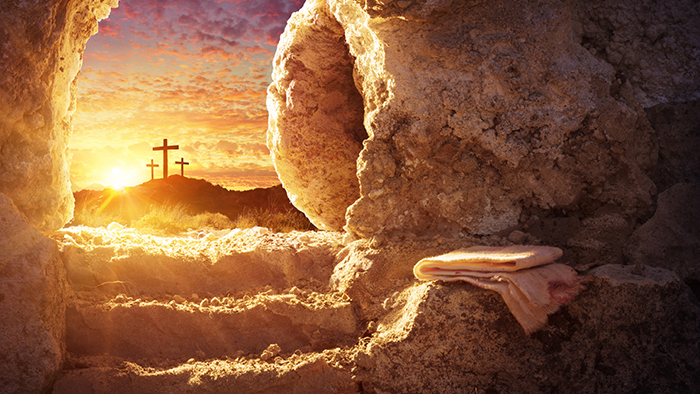
There’s a question about God’s goodness as old as religion itself: How can an all-good God send someone to hell for all eternity? How can God be all-merciful and all-loving if there is eternal punishment? It’s a false question. God doesn’t send anyone to hell, and God doesn’t deal out eternal punishment. God offers us life, and the choice is ours as to whether we accept that or not. These words of truth and clarity come from Fr. Ron Rolheiser and are terribly important to understand as we witness our belief in all that Jesus Christ came to bring into this world. God, Jesus tells us, doesn’t judge anyone. We judge ourselves. God doesn’t create hell, and God doesn’t send anyone to hell. But that doesn’t mean that hell doesn’t exist and that it isn’t a possibility for us. What is hell? The images the bible chooses for hell are arbitrary and vary greatly. Hell is the pain and bitterness, the fire, we experience when we culpably put ourselves outside of the community of life. And it is always self-inflicted. It is never imposed by God. God doesn’t deal with death, and God sends nobody to hell. When Jesus speaks of God, he never speaks of God as dealing with both life and death, but only as dealing with life. Death has its origins elsewhere, as does lying, rationalization, bitterness, hardness of heart, and hell. To say that God does not create hell or send anyone there does not downplay the existence of evil and sin or the danger of eternal punishment; it only pinpoints their origins and makes clear who it is who makes the judgment and who it is who does the sentencing. God does neither; he neither creates hell nor sends anyone to it. We do both. As Jesus tells us in John’s Gospel: “God did not send the Son into the world to condemn the world, but in order that the world might be saved through him. Those who believe in him are not condemned, but those who do not believe are condemned already because they have not believed in the name of the only Son of God. And this is the judgment, the light has come into the world, and the people loved darkness rather than light…I judge no one.” He doesn’t need to.









